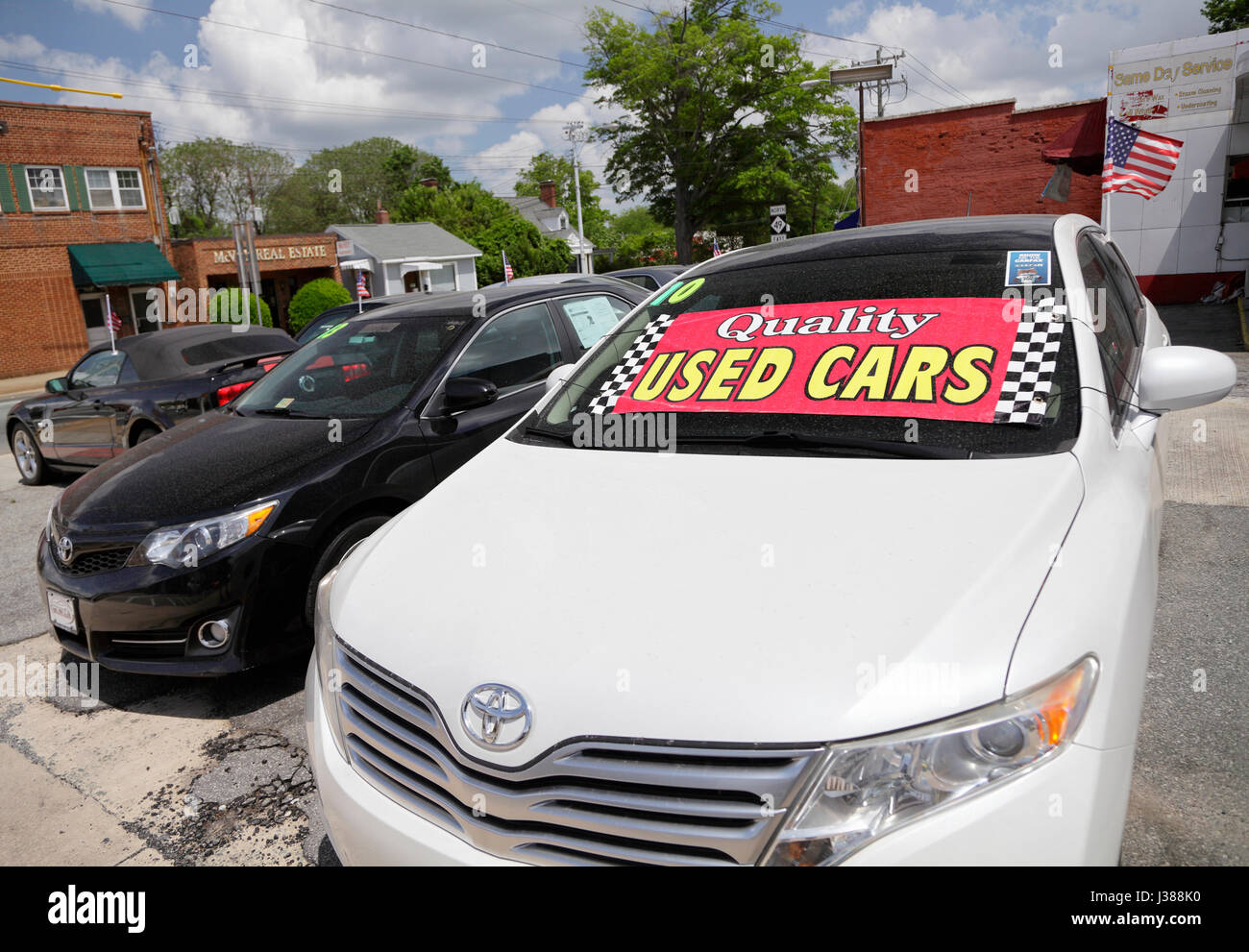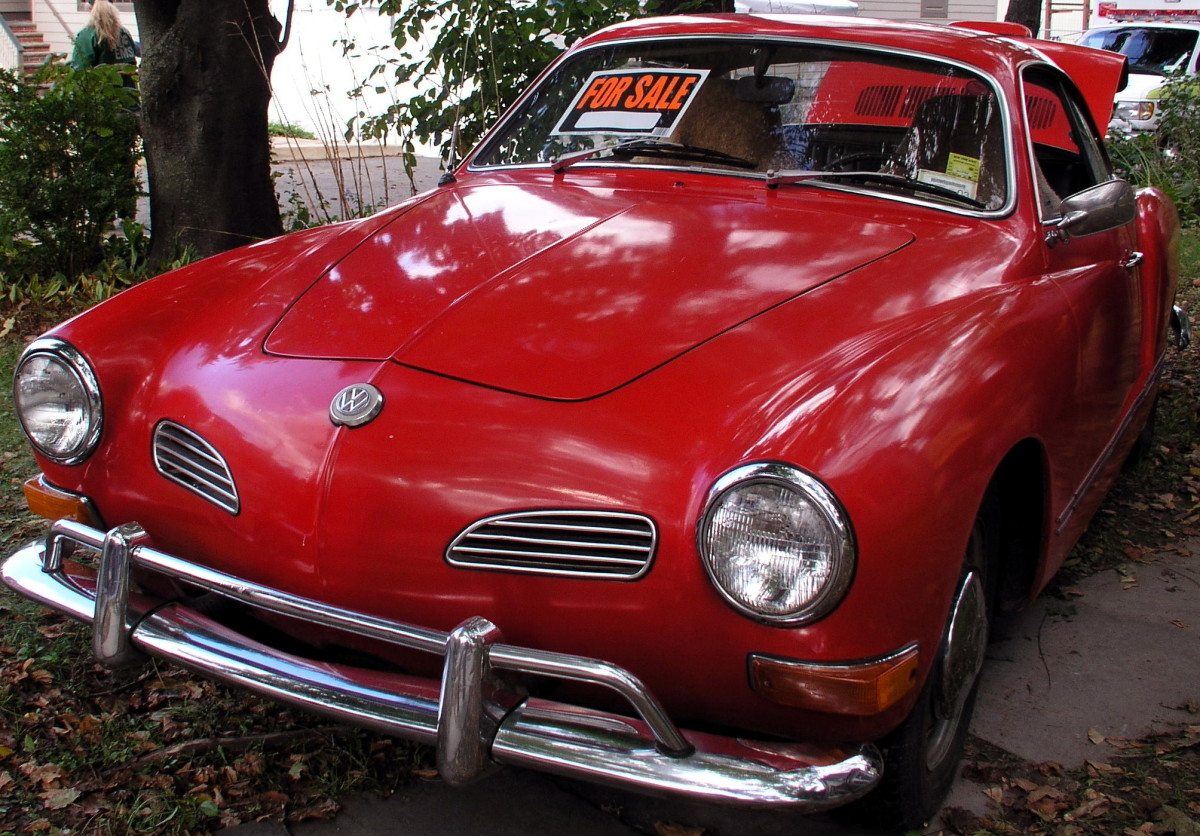Used Small Pickup Trucks: Your Comprehensive Guide to Affordable Utility pickup.truckstrend.com
In an automotive landscape increasingly dominated by sprawling full-size trucks and car-like SUVs, the humble used small pickup truck continues to carve out a significant niche. These versatile workhorses offer a compelling blend of utility, maneuverability, and often, surprising fuel efficiency, all wrapped up in a package that’s significantly more affordable than their larger counterparts or brand-new vehicles. For DIY enthusiasts, small business owners, outdoor adventurers, or anyone seeking a practical daily driver with hauling capabilities without breaking the bank, a used small pickup truck represents a smart, enduring investment. This guide will delve into everything you need to know about navigating the market for these enduring vehicles, from their benefits and popular models to the essential steps for making a wise purchase.
Why Choose a Used Small Pickup Truck? The Undeniable Benefits
Used Small Pickup Trucks: Your Comprehensive Guide to Affordable Utility
The appeal of a used small pickup truck extends far beyond just its price tag. These vehicles offer a unique combination of advantages that make them a compelling choice for a wide array of buyers:
- Exceptional Affordability: The most immediate benefit is the lower barrier to entry. Used small pickups are significantly cheaper to buy outright than new trucks, and they depreciate at a slower rate, preserving more of your investment over time. This also translates to lower insurance premiums and registration fees.
- Unmatched Versatility: Don’t let their "small" designation fool you. These trucks are incredibly capable. They can haul anything from lumber and landscaping supplies to camping gear and ATVs. Many models offer respectable towing capacities for small trailers, boats, or utility vehicles. Their open bed allows for dirty or oversized items that wouldn’t fit in an SUV.
- Maneuverability and Parking Ease: Unlike their full-size brethren, small pickups are much easier to navigate through crowded city streets, tight parking lots, and winding country roads. Their compact footprint makes them less intimidating for urban driving and allows for easier garage storage.
- Superior Fuel Efficiency (Compared to Full-Size): While no pickup truck will rival a hybrid sedan for MPG, small pickups generally offer considerably better fuel economy than full-size trucks. This can lead to significant savings at the pump, especially for those who commute regularly.
- Durability and Reliability: Many popular small pickup models, particularly those from Japanese manufacturers, have legendary reputations for longevity and reliability. With proper maintenance, it’s not uncommon to see these trucks exceed 200,000 or even 300,000 miles.
- Customization Potential: The aftermarket is rich with accessories for small pickups, from bed liners and tonneau covers to lift kits and off-road enhancements, allowing owners to tailor their truck precisely to their needs and preferences.

Popular Models and What to Look For
The used small pickup truck market is diverse, with several key players having dominated over the years. Understanding the strengths and weaknesses of popular models is crucial for making an informed decision.
- Toyota Tacoma/Hilux: Often considered the gold standard, especially the Tacoma in North America. Known for bulletproof reliability, strong resale value, and off-road prowess. Earlier generations (1st and 2nd gen Tacomas, pre-2016) are particularly sought after for their simplicity and robustness.
- Nissan Frontier/Navara: A strong contender offering good value. While perhaps not as refined as the Tacoma, the Frontier is a capable and durable truck, especially models equipped with the V6 engine.
- Ford Ranger: A long-standing nameplate, with two distinct eras in the US: the highly successful compact Ranger (pre-2011) and the reintroduced mid-size Ranger (2019+). The older compact Rangers are abundant and offer simple, reliable transportation.
- Chevrolet Colorado/GMC Canyon: GM’s entry into the segment. Modern generations offer strong engines and good features, while older models (early 2000s) provide an affordable entry point.
- Honda Ridgeline: Unique among the group, the Ridgeline is unibody construction (like an SUV) rather than body-on-frame. This gives it a car-like ride, comfortable interior, and innovative features like the in-bed trunk, though it sacrifices some heavy-duty towing/hauling capacity compared to traditional trucks.
- Older Gems: Don’t overlook classic models like the Chevrolet S-10, Mazda B-Series (often rebadged Rangers), and even some of the earlier compact Japanese pickups from the 80s and 90s if you’re looking for a project or highly budget-friendly option.


Key Things to Look For During Inspection:
When evaluating a used small pickup, a thorough inspection is paramount. Trucks are often worked hard, so signs of wear and tear can be significant.
- Rust: This is the number one enemy, especially on the frame. Inspect the frame rails, suspension components, brake lines, and body panels thoroughly. Surface rust is often manageable, but extensive frame rust can be a deal-breaker.
- Maintenance Records: A complete service history is invaluable. It indicates regular oil changes, fluid flushes, and proactive repairs, suggesting a well-cared-for vehicle.
- Engine and Transmission: Listen for unusual noises (knocks, ticks, whines), check for fluid leaks, and ensure smooth, consistent shifting in both automatic and manual transmissions.
- Suspension and Steering: Look for worn bushings, leaky shocks, and listen for clunks or squeaks during a test drive. Check for excessive play in the steering wheel.
- Drivetrain (4WD): If it’s a 4×4, engage 4WD high and low to ensure it functions correctly. Listen for grinding or binding.
- Tires and Brakes: Check tire tread depth and even wear. Inspect brake pads and rotors for wear.
- Overall Condition: Look for signs of abuse (large dents, torn interior, strange odors), flood damage, or poor repairs from past accidents.
The Buying Process: A How-To Guide
Purchasing a used small pickup truck requires a systematic approach to ensure you get a reliable vehicle at a fair price.
- Define Your Needs and Budget: Before you start looking, clearly outline what you need the truck for (daily commuting, heavy hauling, off-roading, occasional use) and how much you’re willing to spend, including potential immediate repairs, insurance, and maintenance.
- Research Reliable Models: Based on your needs and budget, research models known for reliability in your target age range. Read owner reviews, common problems forums, and recall information.
- Find Potential Candidates: Utilize online marketplaces (Autotrader, Cars.com, CarGurus), local dealerships, and private sellers. Be prepared to travel for the right vehicle.
- Initial Screening (Online/Phone): Ask detailed questions about the truck’s history, maintenance, any known issues, and why the seller is parting with it. Request photos of specific areas if not already provided.
- In-Person Inspection (Yourself): Follow the "What to Look For" guidelines above. Do a walk-around, check fluids, start the engine cold, and examine the interior.
- Test Drive: This is critical. Drive the truck on various road types (city, highway, bumps, turns) and speeds. Pay attention to steering, braking, acceleration, shifting, and any unusual noises or vibrations. Test all features (AC, radio, windows, lights).
- Obtain a Vehicle History Report (VHR): Services like CarFax or AutoCheck provide valuable information on past accidents, title issues (salvage, flood), odometer discrepancies, and service records. This is a non-negotiable step.
- Pre-Purchase Inspection (PPI) by a Mechanic: Even if you’re mechanically inclined, invest in a PPI by an independent, trusted mechanic. They have specialized tools and expertise to spot issues you might miss, especially those related to the frame, engine, and transmission. This small investment can save you thousands.
- Negotiate the Price: Based on your research, the truck’s condition, and the PPI findings, negotiate a fair price. Be prepared to walk away if the seller isn’t reasonable or if the truck has too many red flags.
- Complete Paperwork: Ensure the title is clear, transfer ownership correctly, and handle registration and insurance according to your local laws.
Important Considerations & Potential Challenges
While highly beneficial, buying a used small pickup truck does come with specific considerations:
- Rust is a Relentless Foe: As mentioned, rust, especially frame rust, can compromise the structural integrity of the truck. Be extra vigilant if purchasing from salt-belt regions.
- Past Abuse is Common: Trucks are tools, and many have been used as such. Look for signs of heavy towing (transmission issues, worn suspension), off-road abuse (dents underneath, modified suspension), or neglect.
- Aftermarket Modifications: While some modifications are beneficial (e.g., quality suspension upgrades), poorly installed or extreme modifications can indicate hard use or compromise reliability. Ensure any mods were done professionally.
- Parts Availability for Older Models: While popular models generally have good parts support, very old or less common models might require more effort to source specific components.
- Fuel Economy Expectations: While better than full-size trucks, small pickups are still heavier and less aerodynamic than cars. Don’t expect sedan-like MPG.
- Insurance Costs: While potentially lower than new or full-size trucks, insurance rates can still vary significantly based on model, year, and your driving history.
Used Small Pickup Trucks: Estimated Price Guide
Please note: These are estimated price ranges in USD for models in good, running condition. Prices vary significantly based on mileage, specific trim level, condition, region, and market demand. A well-maintained, lower-mileage example will always command a premium.
| Make/Model | Typical Model Years | Estimated Price Range (USD) | Notes |
|---|---|---|---|
| Toyota Tacoma | 2005-2015 | $10,000 – $25,000 | High demand, excellent reliability. Prices vary heavily by condition and 4WD. Older gens still pricy. |
| 1995-2004 | $6,000 – $15,000 | Legendary reliability, simpler mechanics. Rust on frame is main concern. | |
| Nissan Frontier | 2005-2020 | $7,000 – $20,000 | Good value, V6 models are strong. Check for timing chain issues on early V6. |
| Ford Ranger (Compact) | 1998-2011 | $3,000 – $10,000 | Very affordable, simple, and durable. Good for basic utility. |
| Ford Ranger (Mid-Size) | 2019-Present | $20,000 – $35,000+ | Newer, more modern features. Higher price point reflects newer age. |
| Chevrolet Colorado | 2004-2012 | $4,000 – $12,000 | Affordable entry point. |
| 2015-Present | $15,000 – $30,000+ | More refined, diesel option available. | |
| GMC Canyon | 2004-2012 | $4,000 – $12,000 | Twin to Colorado. |
| 2015-Present | $15,000 – $30,000+ | Twin to Colorado. | |
| Honda Ridgeline | 2006-2014 | $8,000 – $18,000 | Unibody, car-like ride, unique features. Not for heavy-duty work. |
Frequently Asked Questions (FAQ)
Q: What’s the best year for a used Toyota Tacoma?
A: Many enthusiasts praise the 2nd generation (2005-2015) for its balance of modern features and rugged reliability. The 1st generation (1995-2004) is also highly regarded for its simplicity and legendary durability, though rust can be a major concern.
Q: How much can a small pickup truck typically tow?
A: Towing capacity varies greatly by model, engine, and configuration (2WD/4WD, cab type). Generally, most used small pickups can tow between 3,500 lbs and 7,500 lbs. Always check the specific truck’s owner’s manual or manufacturer’s specifications.
Q: Are older small trucks reliable?
A: Absolutely! Many older small trucks, particularly those from Toyota and Ford Ranger, are known for their exceptional longevity and simple mechanics, making them easier and cheaper to maintain. However, reliability hinges on proper maintenance and a good history.
Q: Should I get 2WD or 4WD?
A: This depends on your needs. 2WD (rear-wheel drive) trucks are generally cheaper to buy, lighter, and slightly more fuel-efficient. 4WD is essential if you plan on off-roading, driving in heavy snow, or regularly traversing unpaved or challenging terrain.
Q: What’s considered high mileage for a used small truck?
A: For a well-maintained small truck, 150,000 to 200,000 miles is not necessarily high mileage, especially for models known for longevity like the Tacoma. What matters more than the number on the odometer is the vehicle’s maintenance history and current condition.
Q: How important is a pre-purchase inspection (PPI)?
A: A PPI is extremely important. It’s the best money you’ll spend. An independent mechanic can identify hidden issues, potential safety concerns, and upcoming maintenance needs that you might miss, saving you from costly surprises down the road.
Conclusion
The used small pickup truck market offers a compelling solution for those who need practical utility without the financial burden of a new or full-size vehicle. Their blend of affordability, versatility, and enduring reliability makes them a smart choice for a diverse range of buyers. By understanding their unique benefits, knowing which models to consider, diligently following a comprehensive buying process, and being aware of potential challenges, you can confidently navigate the market. With careful research and a thorough inspection, you can find a dependable workhorse that serves your needs for years to come, proving that sometimes, the best value truly comes in a smaller, pre-owned package.


